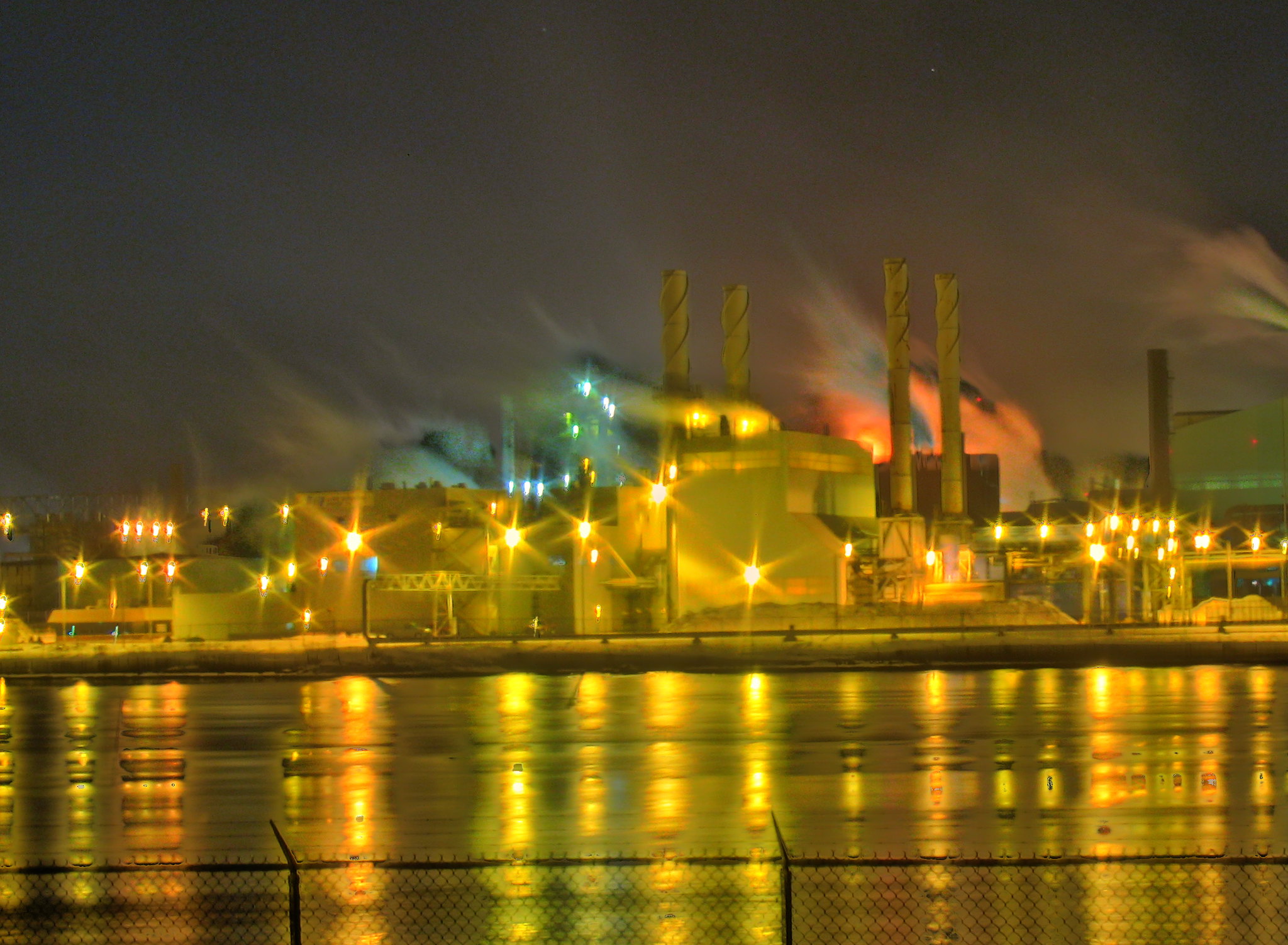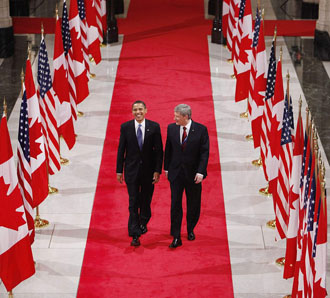Article
Enbridge
Enbridge is a Canadian-based multinational corporation that generates, transports and distributes energy. It also has growing investments in wind, solar and geothermal energy generation. It owns and operates the world’s longest pipeline network, which transports 28 per cent of North America’s crude oil. It is North America’s leader in gathering, processing, transporting and distributing natural gas, with about 3.6 million customers in Canada and New York state. Enbridge’s headquarters is in Calgary, Alberta, and the company employs approximately 16,000 people. In 2016, it boasted revenue of $34.5 billion, $85.8 billion in assets and 2.1 billion in profits. Enbridge is a public company that trades on the Toronto Stock Exchange and New York Stock Exchange under the symbol ENB.









